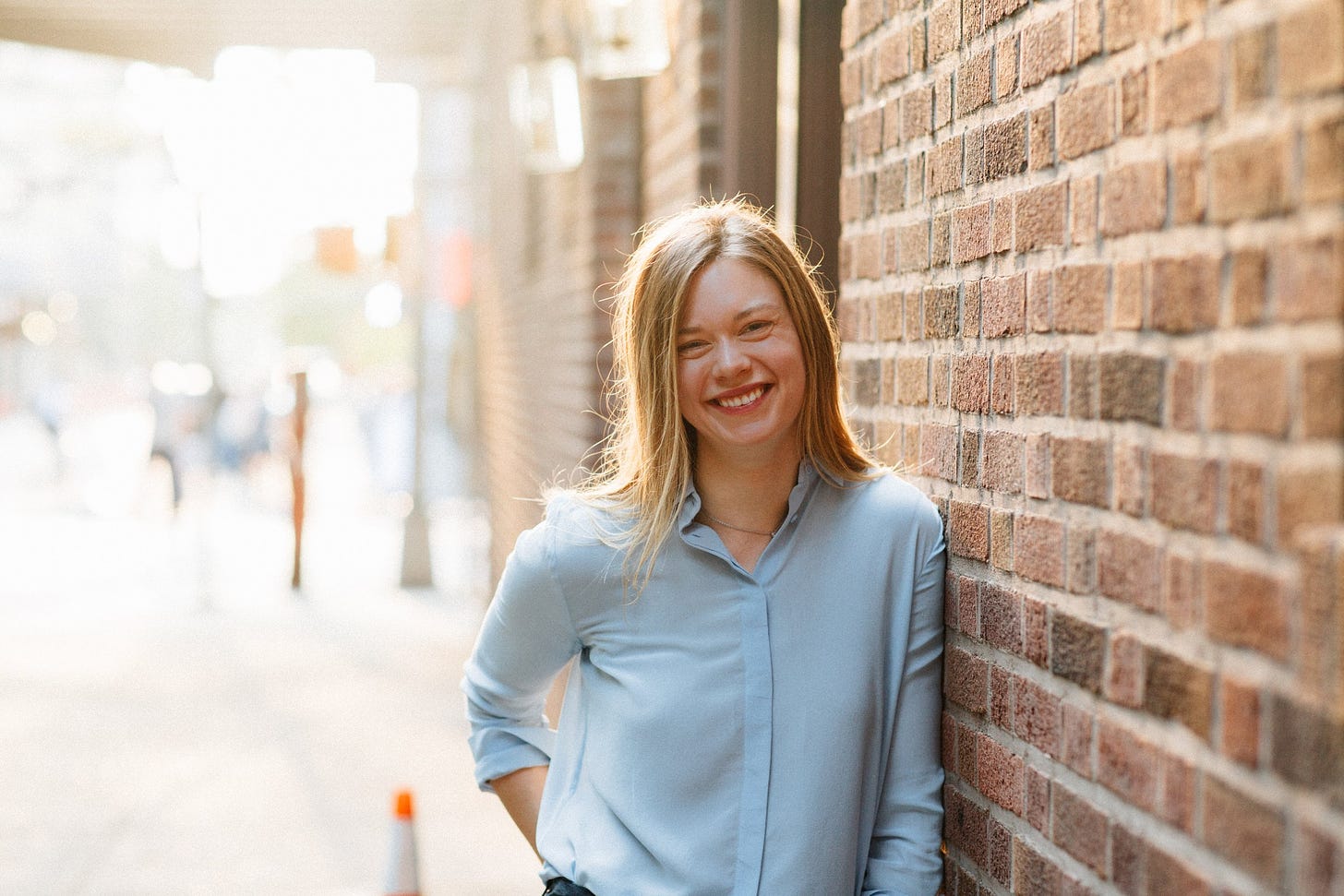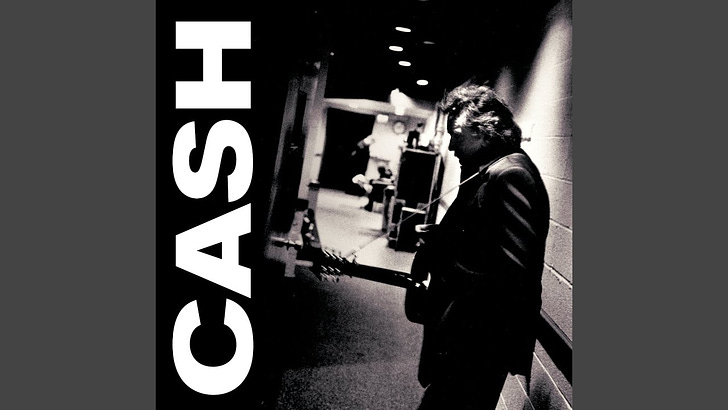

Discover more from Depresh Mode
Acceptance, reading, and throbbing gravitational waves
Again, not all at once, though that would be a hell of a library
This newsletter is free. I think Substack would rather I charge you money, which is understandable but which is not what I want to do. But it does take time and effort to provide the world with the newsletter and the show.
If this enterprise can’t raise enough money from listeners/readers, I swear to God, I’ll turn this show around. Don’t think I won’t, mister. If you’ve already donated, thank you. If not, go here, pick a level that works for you, then select DEPRESH MODE from the list of shows. And thank you.
Emi Nietfeld and Acceptance
My guest on the podcast this week is Emi Nietfeld, author of a remarkable memoir called Acceptance.
Emi grew up in Minneapolis in an Evangelical Christian family. Things changed when her parents went through a bitter divorce, her mother began compulsive hoarding behavior, and her other parent came out as a trans woman and effectively disappeared. By the time Emi was in her teens, she didn’t really have a stable home due to the unhealthy chaos of her mom’s house.
What followed were times spent in in-patient psychiatric care for suicide attempts and eating disorders, a foster home situation where most of her interests and books were banned, time in a shelter, and some time living out of a car. Ultimately, she gets a scholarship to Interlochen, the prestigious arts school in Michigan, first for a summer program and then for the boarding school.
In one of the most often cited stories in the book, she tells all about her homelessness issues and her mental illness for her Yale application and doesn’t get in. Emi thinks she was viewed as a suicide risk. Then she applies to Harvard, keeps the homelessness in the essay, cuts the mental illness, and is accepted.
We have Clara Flesher, a college student and English major, working for the show this summer as an intern and I asked her about the themes she noticed in Acceptance:
I think the episode actually does come back thematically to the idea of acceptance. I liked the framing of the episode as beginning with how she was initially supposed to understand the idea of acceptance with her early therapists suggesting that she just needed to accept her circumstances. At the end, when talking about where she is now, she said that she has reached a point of living a very full life by accepting that she can be as upset or broken by her past as she feels. She was able to move beyond her past, not by accepting the events themselves, but rather by accepting her response to the events.
In between this framing, and in another sense of the word, acceptance is a theme in that she had an awareness of the need to pretend in order to be accepted by adults. To avoid being a "problem child" she couldn't complain about her experience and she had to pretend to be positive so that adults would accept her. This came up again when talking about her college applications where she was accepted by the institution that was unaware of her reality and rejected by the one that had the details. Following the logic of this, once in college she felt shame about her past and attempted to reject it. She became happier once she stopped doing this. In the end, the initial unhelpful therapists were right in their focus on acceptance but missed the mark in their understanding of its application.
Maybe the idea of video game addiction is some bullshit
So posits an article in Psychology Today by Andrew Fishman, who points to many factors, including the bias against one hobby in favor of others.
Other critics of the diagnosis point out that gaming has been unfairly targeted and pathologized. A person who plays golf instead of spending time with family is inconsiderate. A person who plays video games instead of spending time with family is addicted.
This demonstrates a clear bias. Society considers video games a waste of time, so an enthusiastic gamer is criticized more harshly than someone with a more acceptable hobby.
Fishman also points out that there doesn’t seem to be a consistent and widely set of criteria to establish video game addiction. Also, he says, what we might see as a problem (playing a whole ton of games all the time) might be more of a symptom, the cause being ADHD, autism, or depression.
TAKE IT AWAY, 1983 JOE WALSH!
A link between kids reading and improved mental health
According to new research, kids between two and nine years old who read for pleasure do better on cognitive tests and report better mental health once they reach adolescence compared to kids who start reading later or never read for pleasure at all.
These children also had better mental wellbeing, as assessed using a number of clinical scores and reports from parents and teachers, showing fewer signs of stress and depression, as well as improved attention and fewer behavioral problems such as aggression and rule-breaking.
The healthiness of pleasure reading increases the longer the kid reads up until 12 hours a week. After that, there is no improvement and, in fact, some problems might arise from being too sedentary.
So parents, make your kids read! Until that 12-hour timer goes off and then SEIZE ALL BOOKS. Okay, you can maybe be a bit looser than that.
The research does make me wonder where the cause and the effect are in this case. Do kids do better on the cognitive tests because they read more? Or do the kids who tend to test better more naturally inclined to read for fun? Similarly, if a kid doesn’t have to deal with ADHD, depression, or other mental health issues, are they going to have an easier time reading for pleasure? Like where are the chicken and egg here?
One of the best animated shows of all time, The Tick.
There are massive gravitational waves just thrumming all over the universe
“We can tell that the Earth is jiggling due to gravitational waves that are sweeping our Galaxy,” says Scott Ransom, an astrophysicist at the US National Radio Astronomy Observatory in Charlottesville, Virginia, and a senior member of NANOGrav, one of four collaborations that announced separate results on 29 June1–4.
WHAT THIS SHOCKING NEWS MEANS TO YOUR DAILY LIFE:
You can be a little gentler with yourself today
You can be a little gentler with yourself tomorrow and subsequent tomorrows
You have time to pause and breathe deep for a few extra seconds before you move on to your next important task
It would be nice to be outside a little today, if possible, and encounter good natural smells
It’s a perfect time to contact an old friend just to say hello. Don’t just Google stalk them or peer into their LinkedIn, just drop a line
Fresh fruit is delicious this time of year so try to get some













